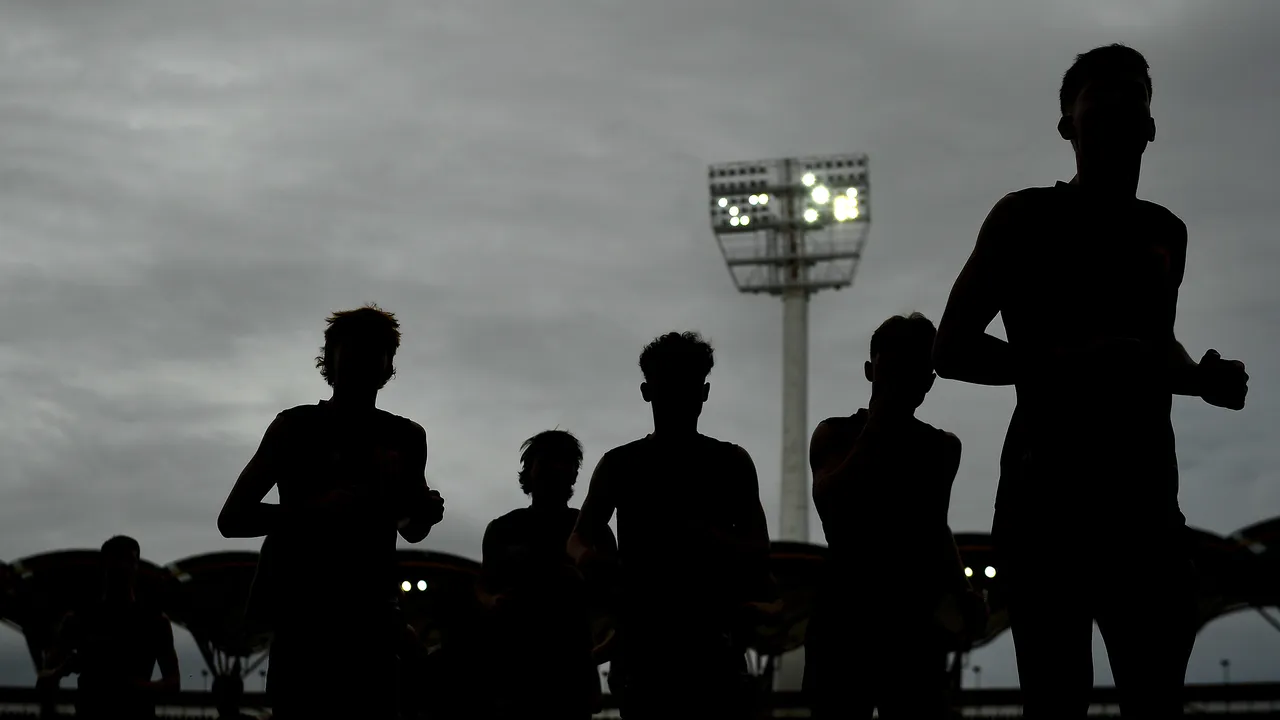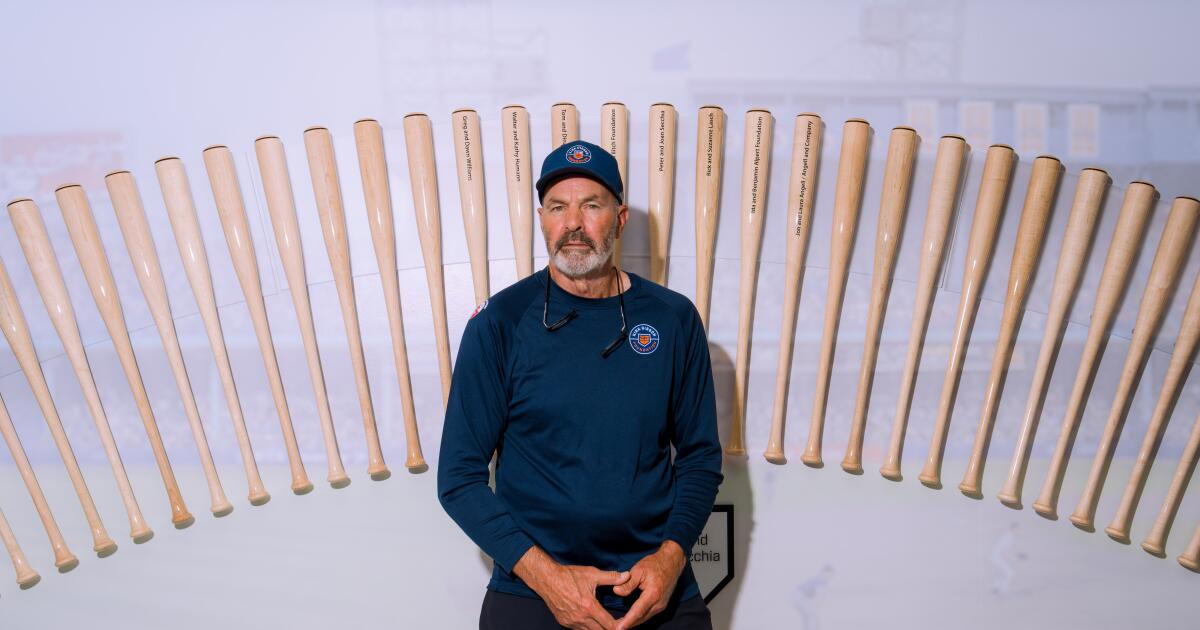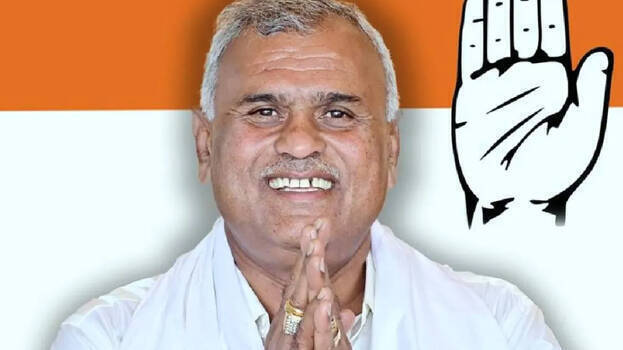
What is it all for, these early mornings and evenings in the park with her notebook? The bruises and the pain? She wonders about it many times, but is quiet, self-conscious. She does not spend too much time trying to answer the question. And whatever answers she comes by are less interesting, anyway, than the quality of the light at dawn, and the crash of bodies, and what she’s recording in the notebook.
The boys don’t wonder—not about her, whom they do not see, or about injuries, which happen all the time. She envies them for their obliviousness. She worships—not too strong a word—their hardening, growing bodies, their virility, their youth. They play footy, Australian-rules football, as if it is their birthright, and, in her view, it is.
She is Helen Garner, one of Australia’s best-known writers, renowned for her unsparing novels and journalism, and for her complex view of intimacy and power relations. Garner hasn’t written a stand-alone book in a decade. She hesitates to tell people she is writing one about watching her grandson playing for the U-16 Flemington Colts. “I keep quiet about this,” she writes in “The Season: A Fan’s Story,” “ because I don’t want people to think I’m romanticising it, or to reproach me for not writing about women’s footy.” But she is romanticizing it, and she is certainly not writing about women’s footy. Later in the book, she notes, “I’m surprised how many people jump to the conclusion that it’s something polemical, a critical study of football culture and its place in society, informative, analytical, statistical.” It is, in fact, specifically uncritical—admiring, even awestruck. What she wants to create, instead, is “a little life-hymn. A poem. A record of a season we are spending together before he turns into a man and I die.”
To do this, “I’m going to have to find a way to efface myself, to become a silent witness,” she writes. Because it is a man’s world, a young man’s world at that, and she is neither a man nor a young person. She is not interested in condemning men and their regimes, not now, at the end of her life. The opposite: before she dies, she wants to feel close to her grandson. She wants to take this chance “to learn about boys and men from a fresh angle, to see their delicacy, their fragility, what they’re obliged to do to themselves in order to live in this world, the codes of behaviour they’ve had to develop in order to discipline and sublimate their drive to violence.” So she watches them shove one another, and embrace one another, and yell. She notes their haircuts, the shape of their shoulders, and records their insults, grievances, their hopes and dreams. She says she does not know much about the nuances of the sport, which is hard to believe; she has been fervently following the local team for more than twenty years. But it is easy to forgive her, at least for a reader from the United States, who is unlikely to know even the basic rules. And it might as well be about American football, or hockey, or basketball, or any other activity in which people collide into one another and call it sport. What is a “torp”? Who cares. What matters is the “crazed, cracked-voiced yelling” when the kick soars enormously into the air: “And ’e’s gorn the TOOOOOORP!”
The rich language around the game makes her feel alive. Her grandson, Amby, makes her feel alive. He is shining with life, and so are his teammates. She basks in their glow. She offers them orange slices like a supplicant: “It’s an honour and a joy to serve them.” At times—at many times, to be honest—it’s all a little too much. An honor? Reading the book, I felt as skeptical as the old lefty atheist who snorts when Garner calls a stadium a “shrine.” But she is sincere, and she has the weight of so much history, and so many cultural legacies, behind her. She may or may not know footy, but she knows Milton and Homer. She sees her grandson and his teammates in epic terms, and writes about them with a bard’s sonorous cadence. “Here again tonight, hanging over the rail, I see the softness in the faces of these boys, the slenderness, still, of their bodies. How lightly they leap towards the approaching ball, present their chests and bellies to it front-on!”
How would this go over if she weren’t a nana? Not very well, I suspect, and maybe not very well anyway. Garner’s an avowed feminist, but her investigations into the ways that people—which is to say, usually, but not exclusively, men—use sex and gender to arrange power relations have, at times, been sympathetic to men, and have not always absolved women of the roles they play. (Her book about a 1991 sexual-assault scandal at a university, “The First Stone,” is subtitled “Some Questions About Sex and Power.”) Even here, women don’t always come out very well, if they’re there at all. She tells Amby the story of Achilles, whose “cold, angry mother” refused to let the name of the exiled Patroclus be written on Achilles’ tombstone. There’s a “woman in black” who mysteriously ignites a brawl. “Girls,” Amby says at one point, “the bane of my existence.” At one point, he tells his nana that he called someone on the field “a cunt” in a match. “Was he offended?” Garner asks. “I don’t think so,” Amby replies. Was she offended? She never says.
Every once in a while, she stops short. The blithe stories of head injuries, reports of sexual abuse in the football clubs. But then the action carries her forward. How could it not? It is elemental, dangerous, animalistic, exhilarating. Before a big game, she catches sight of the men, their “mullets and cropped heads and tousled crowns of hair, enormous faces and eyes and teeth, and thundering voices.” They “throw their arms round each other in a ring to roar their chorus, and rush out past me like a dam breaking,” as she squeezes herself against a wall. And then heroes take the field and the game begins.
It is not clear what Garner learns during the season. She begins with a certain belief about what footy means to men, and to herself, and in the end finds her view justified. Fandom, anyway, is a leap of faith. You can note the preposterous hypocrisies, the blind spots of men and their ambitions, the awfulness of the violence. You can ask why, but the answers are uncompelling. For Garner, footy is a bridge between the naturally martial instincts of men and the peace upon which rational civilization depends. During the pandemic, when she is at home, watching her beloved Western Bulldogs play Australian Football League games in empty stadiums, it gives her life a kind of shape and meaning: “I saw that it’s a kind of poetry, an ancient common language between strangers, a set of shared hopes and rules and images, of arcane rites played out at regular intervals before the citizenry.” But a bridge can be crossed in both directions, not only into peace but out of it. There are plenty of moments in this book, as in sport, where it seems more accurate to say that the “drive to violence” that pushes men into one another on the field is not sublimated but excused, even encouraged; that what is delicate and tender in Amby is being hammered out.
Near the end of the book, immediately after a great victory by the Colts, Amby’s father grapples with the news that his favorite A.F.L. team, the Bulldogs, have suffered a bad defeat. It takes him out of his joy for his son. Garner watches his anguish, with respect. “How deep it goes in men, this bond, this loyalty,” Garner notes. “I would never mock it.” Not mock it, perhaps, but wonder at it, just as I found myself wondering why she believes footy must fundamentally be a man’s world, when her own granddaughter was the “erstwhile tackle machine of her university team,” and just as I found myself wondering why she felt the need to efface herself. It’s not true, anyway. At the end there is a double triumph: for the Colts, and for her. Amby’s teammate Angus, who is strong but distractable, who is always a little apart, who once had to run as punishment for taking cupcakes onto the field, takes Garner’s hand and speaks to her. “You were there, weren’t you,” he says, “right from the start.” ♦



